Use this hands-on balloon car experiment when teaching your Year 4 students about thrust force and its effect on the speed of objects.
A Balloon Car Experiment for Year 4
When an object is acted upon by a force, it wants to move either away from or toward the force. Different amounts of force applied from different directions can affect the speed and direction of an object. One force that can affect the speed of objects is a push force called “thrust.”
Students, start your engines! It’s time to investigate how to use thrust force to increase the speed of a model car using Teach Starter’s balloon car experiment!
To conduct this experiment, students will first need to create their very own balloon car! Various materials can be used for this; we’ve suggested the following:
- Milk bottle lids
- Wooden skewers
- Cardboard and/or small cardboard boxes
- Tape
Once the students have constructed their car, they’ll need to design a thrust force apparatus to test using a balloon, a drinking straw and some tape. Once the students have attached their thrust apparatus to their model car, they will time how long it takes the car to travel one yard. Students will test three different thrust force designs during the course of the experiment in order to determine which one has the most influence on the speed of the model car.
The resource download provides a complete booklet with all the instructions and worksheets the students require to conduct this balloon car experiment. The booklet is downloaded as a full-colour or black-and-white PDF. If you wish your students to complete the worksheets electronically, a Google Slides version is also available.
Thrust force is a fundamental concept in physics, particularly in the study of mechanics and motion. It is crucial for students to grasp this concept as it forms the basis for understanding various principles related to forces and motion. This balloon car experiment for kids is a great opportunity for your students to take a hands-on role in their learning of forces.
Benefits of This Balloon Car Experiment
Understanding thrust force has many applications for students as they journey through their science education. Some of these:
- Modes of Transportation – Many modern modes of transportation rely on thrust force. From the engines of cars to the propulsion systems of boats and airplanes, students encounter the effects of thrust force in various aspects of their lives.
- Careers in Science – Whether students are considering careers in science, technology, engineering or mathematics (STEM), an understanding of thrust force can open doors to a wide range of professions. It provides a strong foundation for pursuing careers in fields such as aerospace engineering, mechanical engineering and physics.
- Everyday Appliances – Everyday appliances, such as electric fans, use a thrust force in order to operate effectively. Knowing how thrust force works allows students to appreciate the technology they use daily.
Download to Conduct This Balloon Car Experiment
As mentioned above, this balloon car experiment downloads as either an easy-print PDF or an editable Google Slides version. Use the download button to access your preferred file format. (Note: You will be prompted to make a copy of the Google Slides template on your personal drive before accessing it.)
To save paper, you might like to project the instruction page on your interactive whiteboard and provide the student with the worksheet pages only. Please consider printing these double-sided – the environment will thank you for it!
NOTE:
This resource references the R.E.R.U.N. strategy when writing a scientific conclusion. If you or your students are unfamiliar with this strategy, we have a set of anchor charts explaining each step. Click below to grab a copy.
[resource:2038958]
More Forces Activities for Your Science Lessons
Here at Teach Starter, our goal is to save you time on your lesson planning so you can focus on your teaching! Click below for more teacher-created, curriculum-aligned activities to use in your science lessons on forces.
[resource:4889600] [resource:5026064] [resource:3255498]
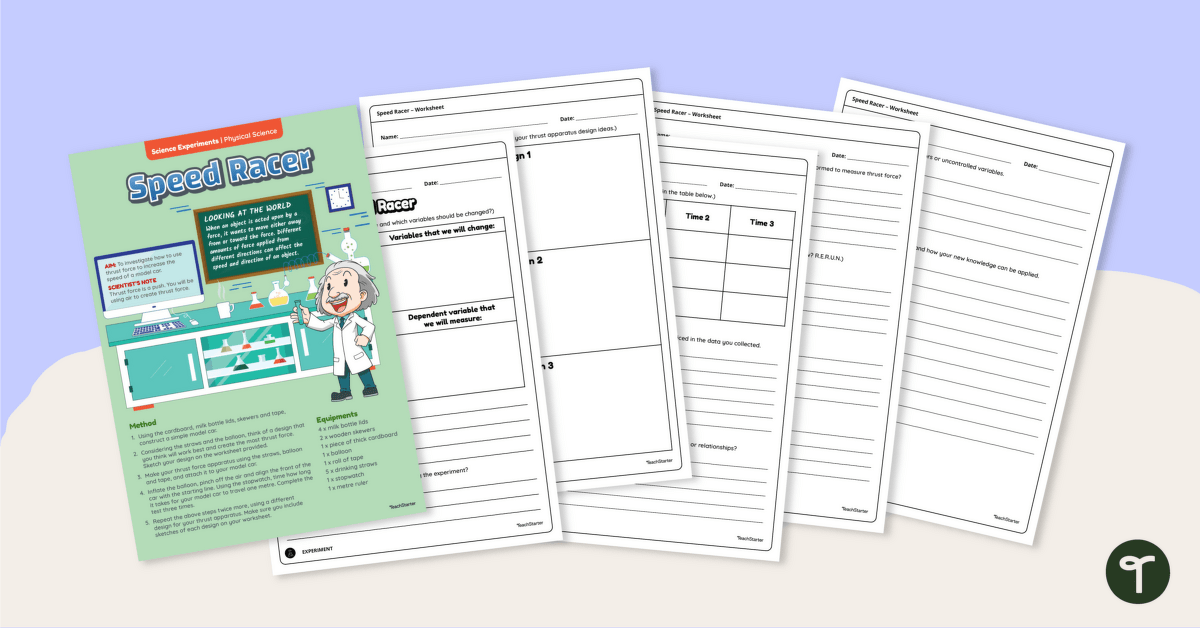

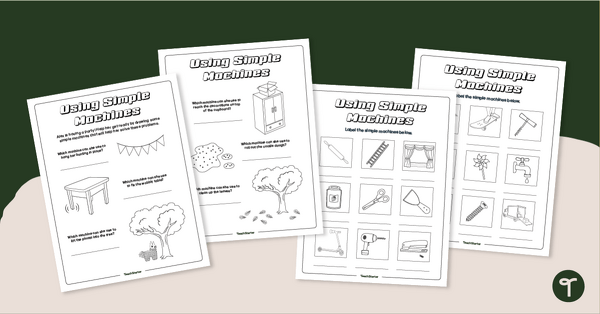
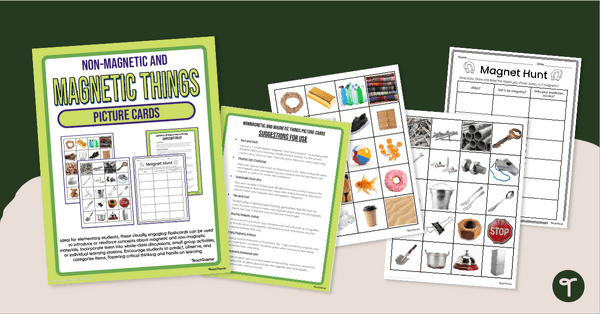
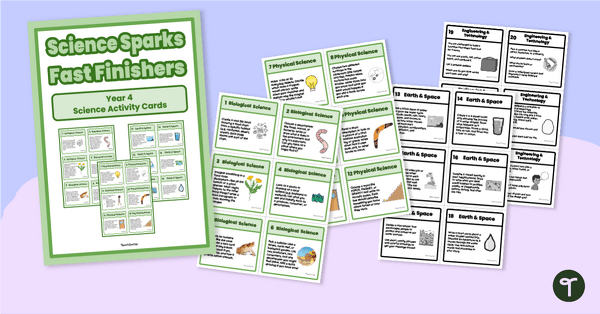
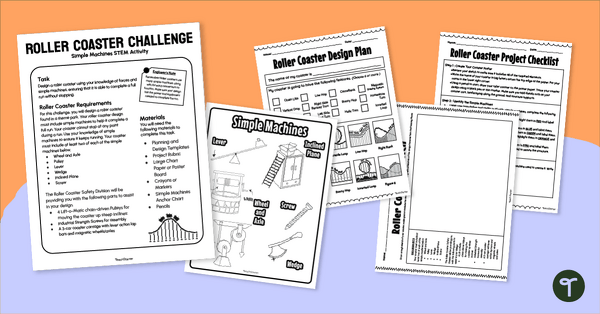
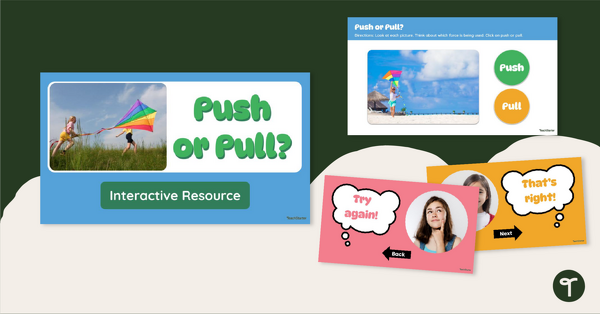
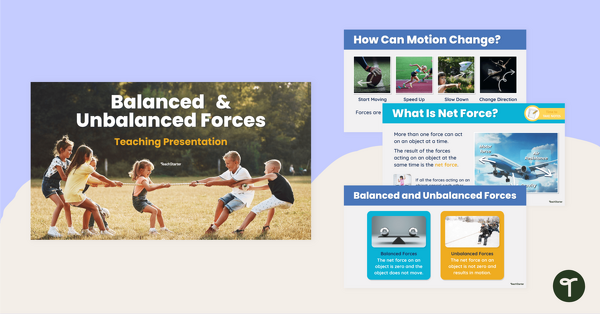
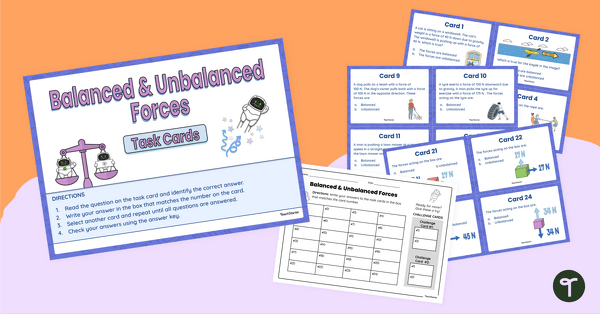
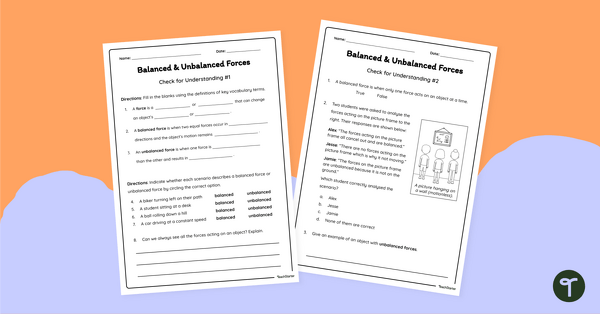
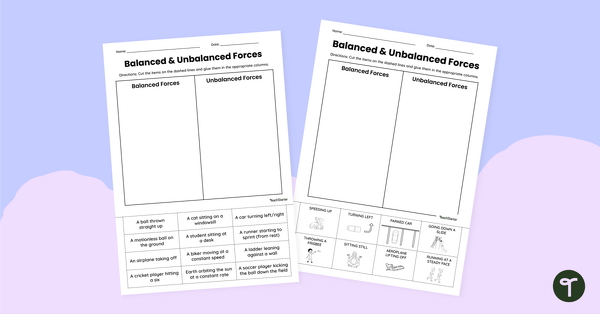
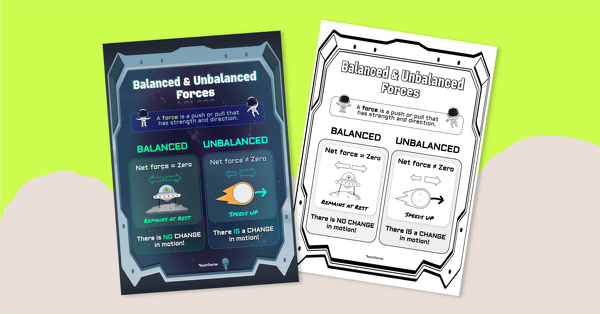
2 Comments
Write a review to help other teachers and parents like yourself. If you'd like to request a change to this resource, or report an error, select the corresponding tab above.
No comments yet.